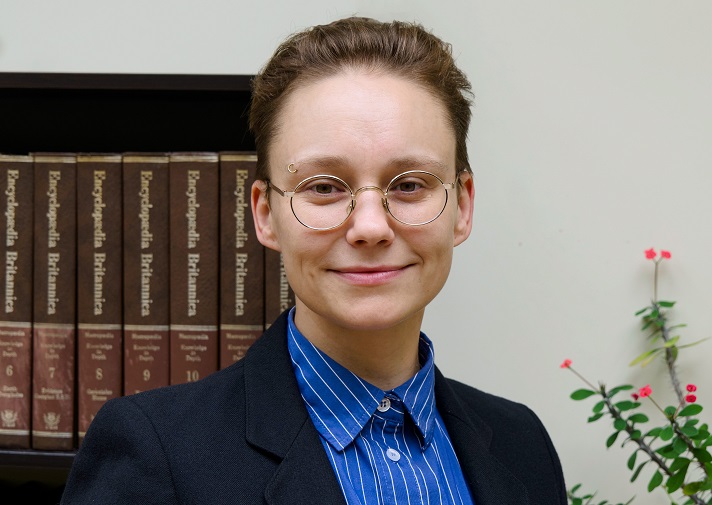Goda Klumbytė

Über
Goda Klumbytė untersucht die Möglichkeiten und Anwendungen von community und partizipativen Audits von KI-Systemen. Gemeinsam mit David Hartmann wird sie sich mit den bestehenden Methoden solcher Audits befassen und deren Auswirkungen und Nutzung für marginalisierte Nutzergemeinschaften untersuchen.
Godas Forschung umfasst die Bereiche Mensch-Computer-Interaktion, partizipatives Design, intersektionale feministische Ansätze und kritische Algorithmenstudien. Derzeit arbeitet sie im Rahmen des Projekts „AI Forensics“ (gefördert von der Volkswagenstiftung) an der Universität Kassel an kritischen Ansätzen zur Erklärbarkeit von KI. In ihrer Doktorarbeit untersuchte sie die epistemischen Prämissen des maschinellen Lernens als Werkzeug zur Wissensproduktion und schlug innovative Wege vor, mit intersektionalen feministischen Epistemologien zu arbeiten, um maschinelle Lernsysteme kontextbezogener und verantwortlicher zu gestalten. Sie ist Mitherausgeberin der Bücher „More Posthuman Glossary“ (mit R. Braidotti und E. Jones, Bloomsbury, 2022) und „Posthuman Convergences“ (mit E. Jones und R. Braidotti, erscheint bei Edinburgh University Press) und hat in den Zeitschriften Online Information Review, Digital Creativity und ASAP veröffentlicht sowie auf Informatikkonferenzen wie der ACM's CHI, nordiCHI und FAccT präsentiert.
Forschungsgruppe: Daten, algorithmische Systeme und Ethik (01.08.2025 - 15.07.2026)
Forschungsfelder
Partizipative und Community Audits von KI-Systemen
Weitere Projekte
Co-Auditing the Unknown: Developing AI Auditing Resource for NGOs/CSOs
Weizenbaum Institute, August-December 2025
Project convenors*: Goda Klumbytė (Weizenbaum Fellow) and David Hartmann
Project advisors: Milagros Miceli (Weizenbaum Institute), Hendrik Heuer (CAIS)
This short-term project pursues participatory development of an auditing resource of AI and generative AI systems for non-governmental organisations (NGOs) and civil society organisations (CSOs), particularly in cases where access is limited to public interfaces or input/output results (the so-called "black-box audit"). The goal is to develop an online resource that would support NGOs/CSOs in the EU working broadly across fields of digital rights, including privacy, transparency, and algorithmic governance, in understanding and auditing contemporary AI systems.
The project consists of interviews with a selected number of CSO/NGO representatives from Germany and the EU to better understand the needs of organisations with regards to understanding and auditing AI systems, a participatory co-design workshop with NGO/CSO representatives to prototype the auditing resource, and developing and launching the resource in the last stage. This project thus contributes (1) empirical insights into the needs and practices of EU NGOs/CSOs regarding AI evaluation and audits, and (2) a participatory co-designed prototype resource that translates black-box auditing methods into actionable practices for civil society.
*Both authors contribute collaboratively to the project